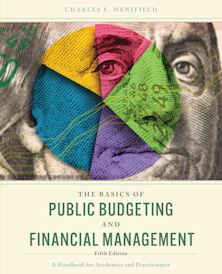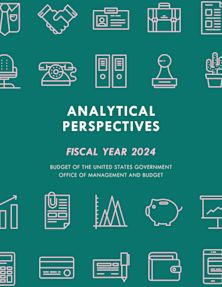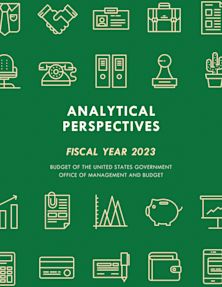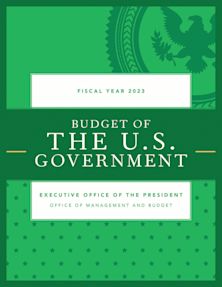Outlaw Paradise
Why Countries Become Tax Havens
Outlaw Paradise
Why Countries Become Tax Havens
This product is usually dispatched within 1 week
- Delivery and returns info
-
Free US delivery on orders $35 or over
Description
In Outlaw Paradise, the author argues that countries become tax havens as a conscious economic development strategy. These countries do not have the natural resources or the population to pursue more traditional economic development strategies, but they do have the ability to write and implement laws that create a virtual resource: banking secrecy. These countries are able to carry out this strategy because they tend to be well-governed, stable, and relatively wealthy, making them attractive partners for the international banking, legal, and accounting firms that drive offshore finance. The qualities tax havens possess also enable them to calculate that the benefits they reap from pursuing this strategy outweigh any penalties assessed by anti-tax haven international collective action activities, such as the naming and shaming campaigns of 2000 and 2009. The author argues that, while the tax havens seem to be complying with the campaigns from a juridical standpoint, actual financial behavior is unaffected. The author further argues that this outcome is predetermined given the nature of international regimes and the history of the concept of sovereignty, as well as tax haven relationships to both. Finally, Outlaw Paradise offers policy prescriptions and surveys recent developments resulting from the Panama Papers.
Table of Contents
Introduction: Why Do Countries Become Tax Havens?
Chapter 1: Benefits vs. Costs of Being a Tax Haven
Chapter 2: The Scope of Tax Haven Impact and the Ways in which That Impact is Felt
Chapter 3: International Anti-Tax Haven Campaigns
Chapter 4: General Summary of Findings
Product details
| Published | Aug 18 2021 |
|---|---|
| Format | Hardback |
| Edition | 1st |
| Extent | 190 |
| ISBN | 9781793619914 |
| Imprint | Lexington Books |
| Illustrations | 4 tables; |
| Dimensions | 9 x 6 inches |
| Publisher | Bloomsbury Publishing |
Reviews

ONLINE RESOURCES
Bloomsbury Collections
This book is available on Bloomsbury Collections where your library has access.


































